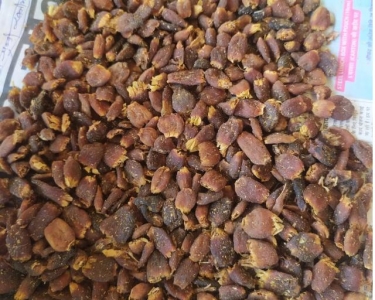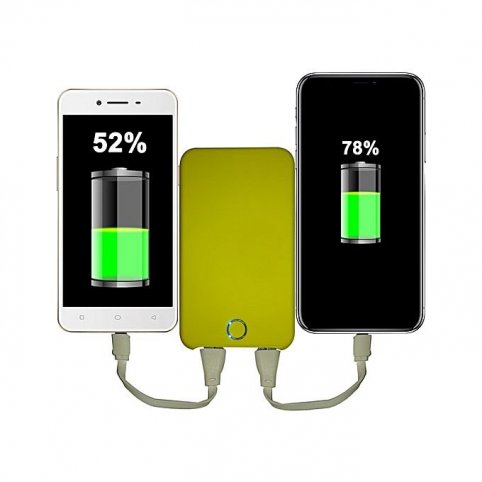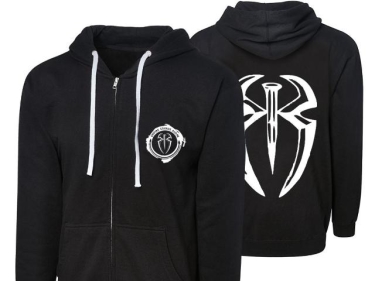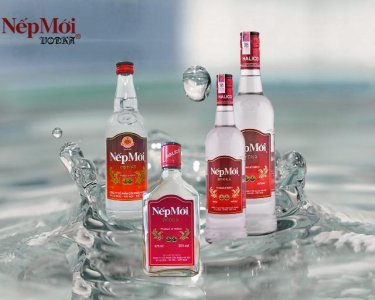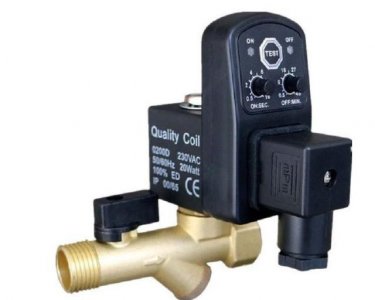Live animals
Couldn't find the product you want?
Fill out this form to request the product.
Products You May Like
Export from Mongolia
Mongolia is a landlocked country in east-central Asia. It is bordered by Russia to the north and China to the south, east and west. Ulaanbaatar, the capital and also the largest city, is home to about 45% of the population. Mongolia's political system is a parliamentary republic.
Mongolian economy is dominated by services and agricultural products. The Mongolia trade is primarily based upon products, such as minerals, apparel, livestock, animal products, cashmere, wool, hides, fluorspar, machinery and equipment, fuel, cars, food products and industrial consumer goods.
Ever since Mongolia joined the World Bank in 1991, the International Development Association has helped the country with more credits. Mongolia is also a member of the World Trade Organizations (WTO).
Industry of Mongolia is based upon processing of forestry, animal, and fishery products, building materials, food and beverage, mining (particularly coal).
Mongolia has some of Asia's richest mineral deposits which, however, remain largely unexploited. Mongolian resources include coal, copper, molybdenum, tungsten, phosphates, tin, rare earth, sodium chloride, nickel, zinc, wolfram, fluorite, gold.
Mongolia exports primarily fuel, minerals, metals, and raw materials, including foodstuffs. Agricultural products initially made up most of the exports, but they decreased in importance as exports of minerals expanded after 1970. Exports of processed foodstuffs and such consumer goods as woolen blankets and leather clothing increase constantly.
Mongolia's major export partners are China, Canada, UK, Luxembourg, USA and Russia.
Mongolian main exports are:
- Copper
- Apparel
- Livestock
- Animal products
- Cashmere
- Wool
- Hides
- Fluorspar
- Coal
- Other nonferrous metals
Import to Mongolia
For most of the 20th century, Mongolia was sealed off from the world. The 21st century promises the polar opposite as Mongolia has opened up to the world, its citizens are travelling the globe and outsiders are arriving for business in Mongolia and travel opportunities. Visas are relatively easy to acquire; a handful of nationals won't even require one. Authorities see tourism is a key growth sector of the Mongolian economy and an important revenue earner for local communities. This is still a developing country with rudimentary infrastructure and mostly basic facilities outside the capital.
Small-scale processing of livestock and agricultural products has historically been a mainstay of Mongolia's industrial sector.
Mongolia's industrial development has been severely affected by dwindling imports of fuel, spare parts, and equipment formerly obtained from the former USSR and allied trading partners.
As of 2002, the production of food, leather, shoes, glass, and garments were on the decline, while production of copper and molybdenum concentrates, coal mining, and the food and beverage industries were increasing. About 72% of the economy had been privatized by 2000.
Mongolia's import trends show a fall, which is a positive sign for maintaining positive trade balance. Principal import commodities include machine tools, diesel generators, electric motors, transformers, construction equipment, motor vehicles, gasoline and diesel fuel, iron and steel, fertilizers, cement, foodstuffs, textiles, and consumer goods.
Mongolia's main import partners are Russia, China, Japan, South Korea and the United States.
Mongolia main imports include:
- Fuel
- Machinery and equipment
- Chemicals
- Foodstuffs
- Cars
- Industrial consumer goods
- Building materials
- Sugar
- Tea
Check Out Export Portal: A Site That Lets You Export Live Animals
If you are looking to buy and export animals, then you came to the right place! Export Portal's Live Animals Department is an online marketplace for sellers and buyers of any livestock. We work to contribute to the live export industry, which brings many economic advantages and other benefits to countries that rely heavily on livestock imports. In fact, in just Australia alone, this industry contributes roughly $1.8 billion to the country's GDP each year. Moreover, it also ensures food security while helping people meet their protein needs as well.
Finding the Right Animal
We feature a wide range of pigs, cows, sheep, goats, horses, rabbits and hares, turkeys, bees, and fish for sale. An increasing number of American, Australian, German, South African, Argentinian, and Italian farmers and companies are advertising their livestock with Export Portal, portraying just how effective and helpful our site is.
To help customers make more informed purchasing decisions, our site lets users narrow down their searches by the age, breed, and sex of the animal. If you are feeling hesitant to shop on our site and want more detailed information, make sure to check out our seller ratings and reviews, which are written by our buyers and customers. We also collaborate with hundreds of trusted international shipping companies that arrange the transport of all kinds of animals and birds to any country in the world.
Online Shopping is More Simple with Export Portal
Export Portal is an ideal site for everyone who is an avid online shopper. Our convenient options make it easy to find and buy whatever you are looking for. Our seller network from all over the world has everything you need, and our customer support team will make sure you can find it. Our wide assortment of products will be sure to provide you with the best shopping experience. Make sure to check out our site and items today!
Customs requirements of Mongolia
Mongolian Customs Contacts:
Website: http://www.customs.gov.mn/en/
Email: information@ecustoms.mn
Telephone: (976-11) 350053
Address: Ikh Toiruu 81/1 Sukhbaatar District, Ulaanbaatar - 14193
Mongolian National Chamber of Commerce and Industry
Website: www.mongolchamber.mn
Email: chamber@mongolchamber.mn
Telephone: +976-11-327176
Fax: +976-11-324620
Address: MNCCI Building, Mahatma Gandhi street, 15st khoroo, Khan-Uul district, Ulaanbaatar 17011, UB Post - 101011001
Mongolia has been one of the world's fastest growing economies in recent times, driven by the foreign direct investment. Mongolia maintains positive relations and has diplomatic missions in many countries such as Russia, the People's Republic of China, India, North and South Korea, Japan, and the United States. The government has focused a great deal on encouraging foreign investments and trade.
According to data, exporting a standard container of goods requires 11 documents, takes 44 days and costs $2745.0. Importing the same container of goods requires 12 documents, takes 45 days and costs $2950.0.
Mongolia does not impose export taxes. China has provided a ready market for much of Mongolia’s mineral exports as there are no duties. Mongolia can serve as a gateway to nearby markets if you have a Mongolian partner, or are part of a joint venture.
Import duty is payable at the rates from 0% to 25% on the customs value of imported goods. Most goods are subject to 5%. Normally customs value is calculated on the Cost, Insurance and Freight (CIF) value.
Mongolia and Japan have signed an Economic Partnership Agreement. All Mongolian exports to Japan will be exempt from duties when the agreement comes into force in 2015.
Documentation
The documents required for customs clearance are: the contract, which includes product description, purchase frequency, length of the trade and Incoterms conditions, receipts, invoice, packing list, insurance documents, certificate of origin.
Import Restrictions
No approval is required to import goods into Mongolia, but the importer must be registered with the tax authorities and the State Registry Office. Imports to Mongolia are not subject to restriction, with the exception of import licensing, which applies to only a few products, as well as other products subject to import prohibition.
Pursuant to a series of government resolutions, in general, the limited licensing system in place is for the protection of human health, animal and plant health and safeguarding national security. Import licenses are required for imports of certain products, including chemicals, human blood and organs, explosives and guns. Import licenses for restricted products are issued by the sectoral ministries, such as the Ministry of Environment, Ministry of Education, Culture and Science, Ministry of Food and Agriculture and the Ministry of Health. Products prohibited for import into Mongolia include certain drugs, narcotics and spirits.
Customs Duties
Custom duties must be paid following the completion of the final customs clearance. Under the Customs Tariff Law of 2008, Mongolia’s customs tariffs consist of general, most favored nation (MFN) bound and applied. Customs tariffs are calculated ad valorem on c.i.f. values of imports. An ad valorem MFN tariff rate of 5 per cent is applied to most imported goods.
However, a zero tariff rate is applied to 49 other tariff lines, including live animals for breeding, horses, cows, pigs, sheep, goats, information dissemination equipment and its spare parts, other machines for information development, transistor diodes and similar transistors and various medical equipment. A seasonal import duty rate of 15 per cent is applied on flour and vegetables to protect domestic producers between 1 August and 1 April. Outside of this period the rate is 5 per cent. Mongolia bound all its tariffs at 20 per cent for most tariff lines.
Tariffs
Tariffs and duty rates are constantly revised and are subject to change without notice.
A flat customs tariff of five per cent applies in respect of goods imported, with the exception of livestock, computer technology and medical devices which are zero per cent. Heavy machinery and equipment purchased and imported by entities investing in priority sectors, with foreign sourced funds are exempt. Export duties apply to certain exported goods such as waste iron, aluminium, copper and brass.
VAT is imposed at the rate of 10 per cent on the supply of taxable goods and services within the territory and on imports into Mongolia.
Non-tariff barriers
There is a list of goods and products that is subject to special import permits/licenses and/or approvals by the relevant government organisations.
Certificates
Labels of imported food must be written in Mongolian, Russian or English. Only a registered legal entity of Mongolia is allowed to import food (not individuals). An Exporter needs to conclude an agreement with a Mongolian importer that introduces quality management and standards for agricultural, food and health.
Sources:
http://www.pwc.com/en_MN/mn/publication/assets/dbg_2012.pdf
http://www.customs.gov.mn/en/k2-items/2014-03-25-01-15-56
http://web.ita.doc.gov/tacgi/overseasnew.nsf/alldata/Mongolia#Documentation
